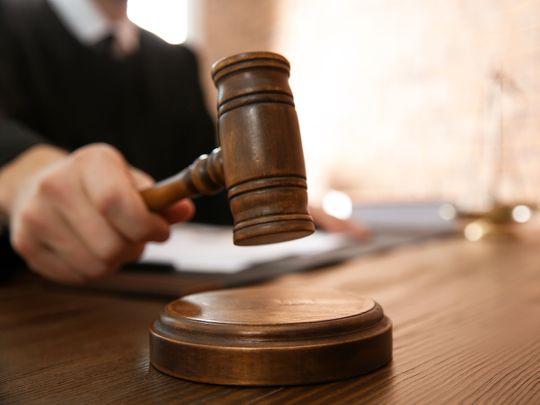Ask the law: I want to sue my company for suspending me for disclosing secrets

Image Credit: Shutterstock
Question: I have been working in a private company in Dubai for two years. Four months ago, the employer suspended me for allegedly disclosing the secrets of the company in which I work. Accordingly, the employer opened a criminal complaint with the police, but the Public Prosecution closed the complaint. Does the employer have the right to suspend me from work even before the Public Prosecution accepts such a complaint? Do I legally have the right to file a civil lawsuit against the company to claim compensation for the material and moral damages that I suffered because of this malicious complaint? Please advise
Answer: The employer has the right to suspend you until a decision is made by the competent authorities. If a judgement or a decision is issued for not putting the worker into trial, the employer must return the worker to his work along with paying his full suspended wage. Article 40 of the Federal Decree Law no. 33 of 2021 states that the employer may temporarily suspend the worker from work when he is accused of committing a crime of assault on oneself, money, or crimes related to breach of honour or trust, until a final judgement is issued by the competent judicial authority. His wage shall be suspended for the suspension period.
If a judgement is issued for not putting the worker into trial, he was acquitted for absence of felony or the investigation concluded keeping the case due to lack of evidence, he shall be allowed to return to work, along with payment of his full suspended wage.
You have the right to claim compensation for the material and moral damages that you suffered in front of the civil court, taking into consideration that the court will decide about it. Article (282) of the UAE Civil Transactions Law states that the author of any tort, even if not discerning, shall be bound to repair the prejudice. Article (292) states that damages shall, under all circumstances, be assessed to cover the prejudice sustained and the lost profit, provided it is a natural consequence of the prejudicial act.


